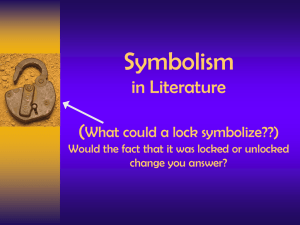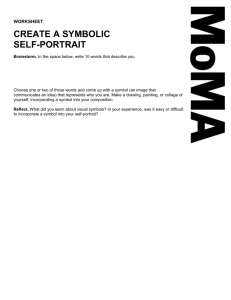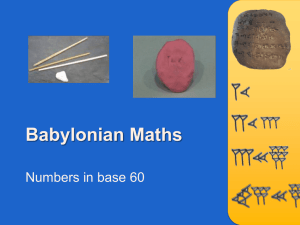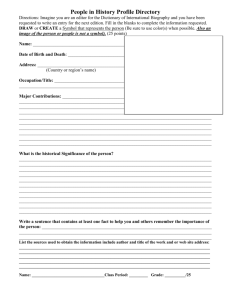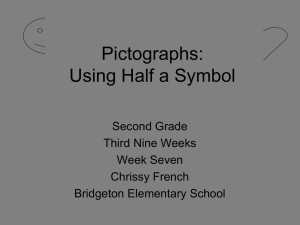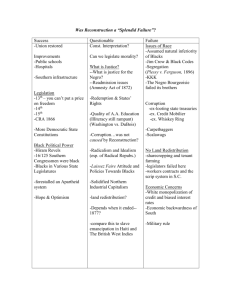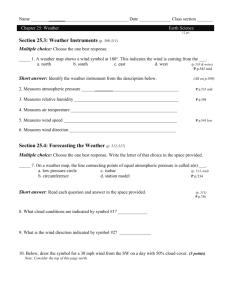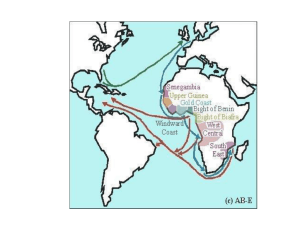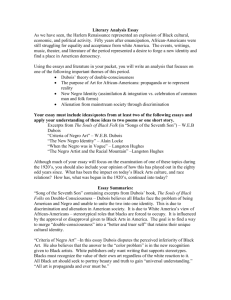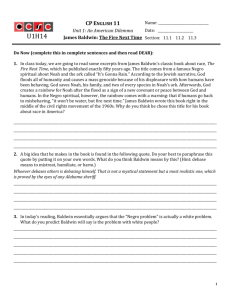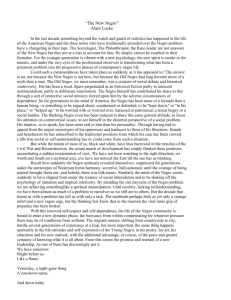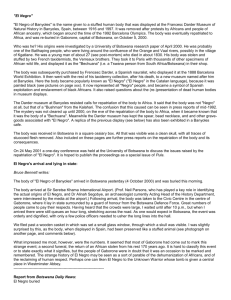OWEN ROBINSON
advertisement
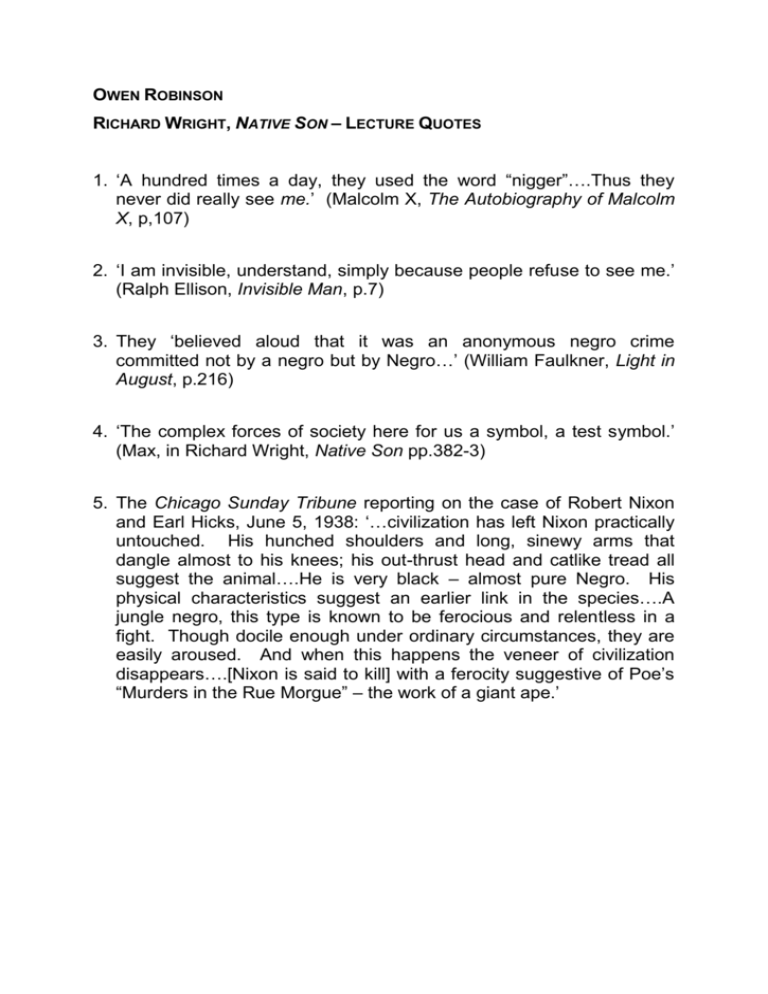
OWEN ROBINSON RICHARD WRIGHT, NATIVE SON – LECTURE QUOTES 1. ‘A hundred times a day, they used the word “nigger”….Thus they never did really see me.’ (Malcolm X, The Autobiography of Malcolm X, p,107) 2. ‘I am invisible, understand, simply because people refuse to see me.’ (Ralph Ellison, Invisible Man, p.7) 3. They ‘believed aloud that it was an anonymous negro crime committed not by a negro but by Negro…’ (William Faulkner, Light in August, p.216) 4. ‘The complex forces of society here for us a symbol, a test symbol.’ (Max, in Richard Wright, Native Son pp.382-3) 5. The Chicago Sunday Tribune reporting on the case of Robert Nixon and Earl Hicks, June 5, 1938: ‘…civilization has left Nixon practically untouched. His hunched shoulders and long, sinewy arms that dangle almost to his knees; his out-thrust head and catlike tread all suggest the animal….He is very black – almost pure Negro. His physical characteristics suggest an earlier link in the species….A jungle negro, this type is known to be ferocious and relentless in a fight. Though docile enough under ordinary circumstances, they are easily aroused. And when this happens the veneer of civilization disappears….[Nixon is said to kill] with a ferocity suggestive of Poe’s “Murders in the Rue Morgue” – the work of a giant ape.’ 6. Though he had killed by accident, not once did he feel the need to tell himself that it had been an accident. He was black and he had been alone in a room where a white girl had been killed; therefore he had killed her. That was what everybody would say anyhow, whatever he said. And in a certain sense he knew that the girl’s death had not been accidental. He had killed many times before, only on those other times there had been no handy victim or circumstance to make visible or dramatic his will to kill. His crime seemed natural; he felt that all of his life had been leading to something like this. It was no longer a matter of dumb wonder as to what would happen to him and his black skin; he knew now. The hidden meaning of his life – a meaning which others did not see and which he had always tried to hide – had spilled out. No; it was no accident, and he would never say that it was. There was in him a kind of terrified pride in feeling and thinking that someday he would be able to say publicly that he had done it. It was as though he had an obscure but deep debt to fulfil to himself in accepting the deed. (p.106) 7. Would any of the white faces all about him think that he had killed a rich white girl? No! They might think he would steal a dime, rape a woman, get drunk, or cut somebody; but to kill a millionaire’s daughter and burn her body? He smiled a little, feeling a tingling sensation enveloping all his body. He saw it all very sharply and simply: act like other people though you ought to act, yet do what you wanted. (p.113) 8. He had done this. He had brought all this about. In all of his life these two murders were the most meaningful things that had ever happened to him. He was living, truly and deeply, no matter what others might think, looking at him with their blind eyes. Never had he had the chance to live out the consequences of his actions; never had his will been so free as in this night and day of fear and murder and flight…. / ….He had committed murder twice and had created a new world for himself. (extracted from pp.239-41) 9. ‘As Deputy Coroner, I have decided, in the interests of justice, to offer in evidence the raped and mutilated body of one Bessie Mears, and the testimony of police and doctors relating to the cause and manner of her death…. / ….It will enable the jury to determine the exact manner of the death of Mary Dalton, who was slain by the man who slew Bessie Mears!’ the coroner said in a scream that was compounded of rage and vindictiveness. (extracted from p.330) 10. Max: ‘The complex forces of our society have isolated here for us a symbol, a test symbol. The prejudices of men have stained this symbol, like a germ stained for examination under the microscope. The unremitting hate of men has given us a psychological distance that will enable us to see this tiny social symbol in relation to our whole sick social organism….I say, Your Honor, that the mere act of understanding Bigger Thomas will be thawing out of icebound impulses, a dragging of the sprawling forms of dread out of the night of fear into the light of reason, an unveiling of the unconscious ritual of death in which we, like sleep-walkers, have participated so dreamlike and thoughtlessly.’ (pp.382-3) Page references are to the Restored Text published by HarperPerennial, (New York, 1993). For references to other texts see last week’s quotes file for Light in August.

